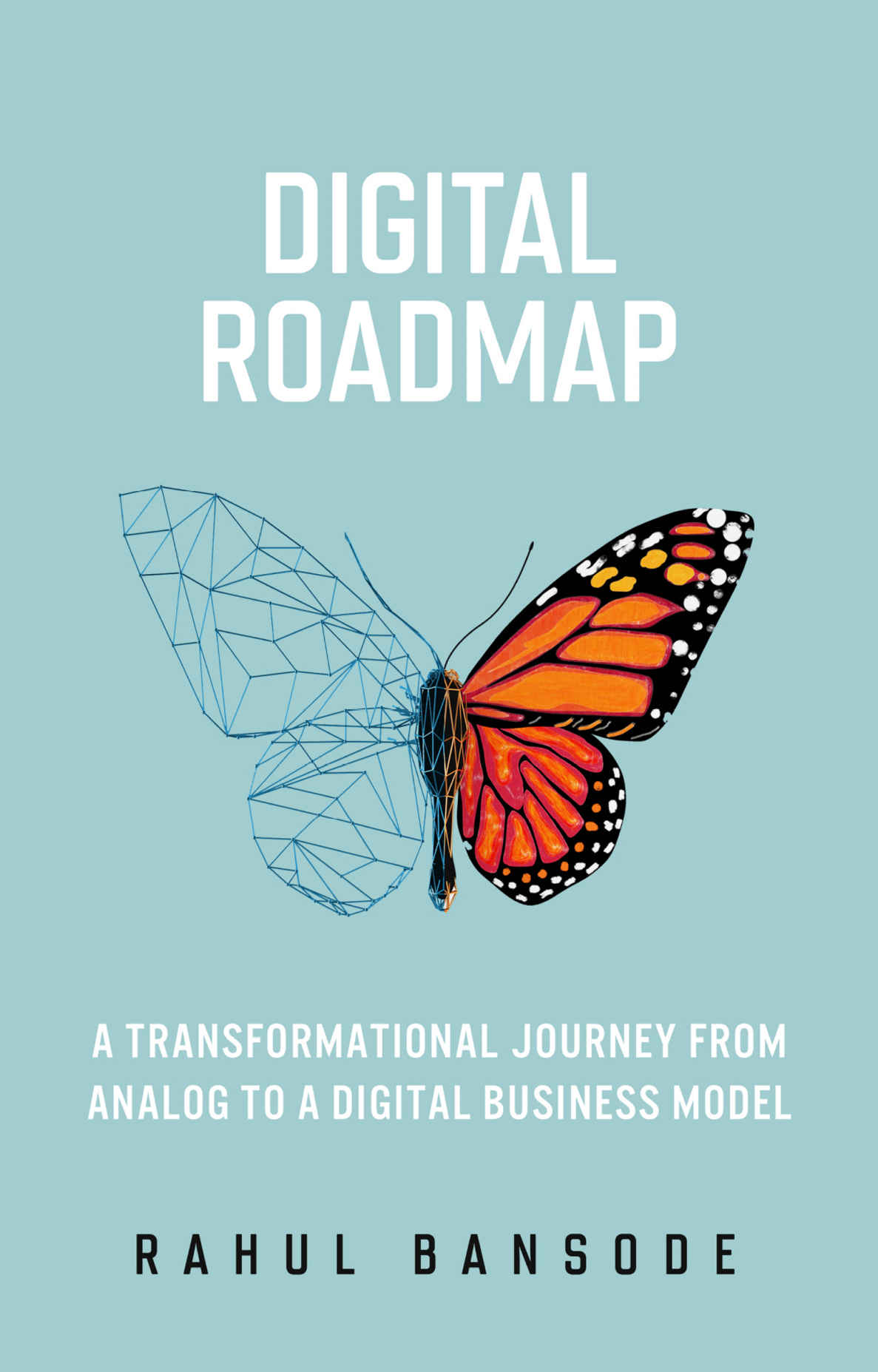

Most ebook files are in PDF format, so you can easily read them using various software such as Foxit Reader or directly on the Google Chrome browser.
Some ebook files are released by publishers in other formats such as .awz, .mobi, .epub, .fb2, etc. You may need to install specific software to read these formats on mobile/PC, such as Calibre.
Please read the tutorial at this link: https://ebookbell.com/faq
We offer FREE conversion to the popular formats you request; however, this may take some time. Therefore, right after payment, please email us, and we will try to provide the service as quickly as possible.
For some exceptional file formats or broken links (if any), please refrain from opening any disputes. Instead, email us first, and we will try to assist within a maximum of 6 hours.
EbookBell Team

4.8
64 reviewsEveryone understands the "WHY" of Digital Transformation, but "HOW" to do it is challenging.
Any organization that is thinking of adopting Digital Transformation means their business model is already disrupted. Digital Transformation is the process of shifting the organization from a legacy approach to a new way of doing business. To be competitive and be relevant in the digital age the incumbents need to continuously adapt to the changed business model and customer expectations. Being a digital organization is no more optional but an obligation to remain relevant in the business and to their customer.
Digital Roadmap illustrates the journey for the incumbents to understand the digital landscape, consider the digital ecosystem as an opportunity, and define their digital milestones to achieve their transformation.
The author, Rahul Bansode is a Digital Transformation Strategist and has worked on multiple transformation initiatives for building new digital products, services, and delivery channels. His first-hand experience in understanding the digital ecosystem and technology expertise has helped envision a new business model using the First Principle Design Thinking approach.
In his experience, there cannot be a general framework adopted to transform the legacy business model to the digital era. Each organization is distinct and possesses unique challenges to overcome the transformation goal.
Digital Roadmap evades providing a stapled business transformation framework but instead shares a glimpse of the challenges, new digital technology evolutions, and also explains who should be leading the digital transformation initiative. The focus is to explain the challenges with simplistic real-life examples, understand the importance of employee buy-in, market cannibalization, and in turn induce the culture of innovations. This book will provide the guideline for incumbents to build their digital transformation journey.